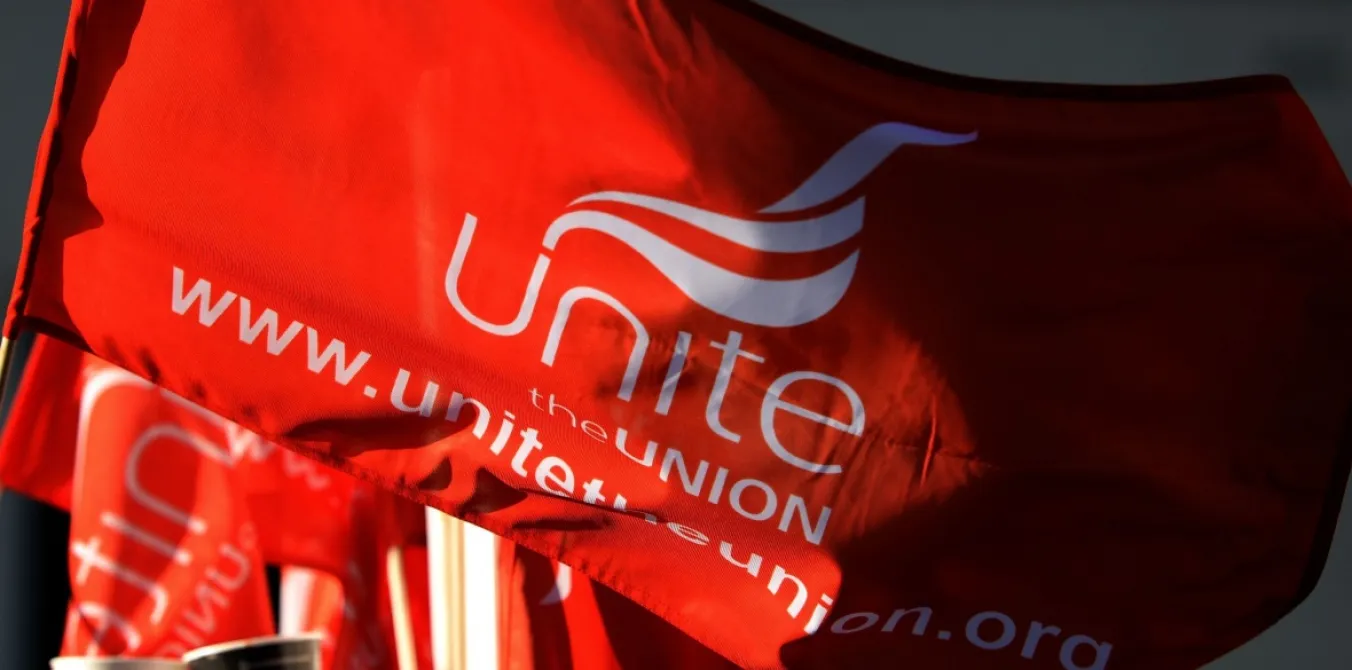Port Talbot and Scunthorpe face same fate as mining communities wrecked by pit closures, steelworkers warn

PROTESTING steelworkers warned today that the communities at Port Talbot in South Wales and Scunthorpe in Lincolnshire face the same fate as mining communities wrecked by pit closures.
Members of union Unite rallied outside job centres in the two communities against plans to slash 2,500 jobs by employer Tata Steel.
Civil Service union PCS, whose members work in the job centres, is supporting the steelworkers’ campaign.
More from this author
Similar stories

















